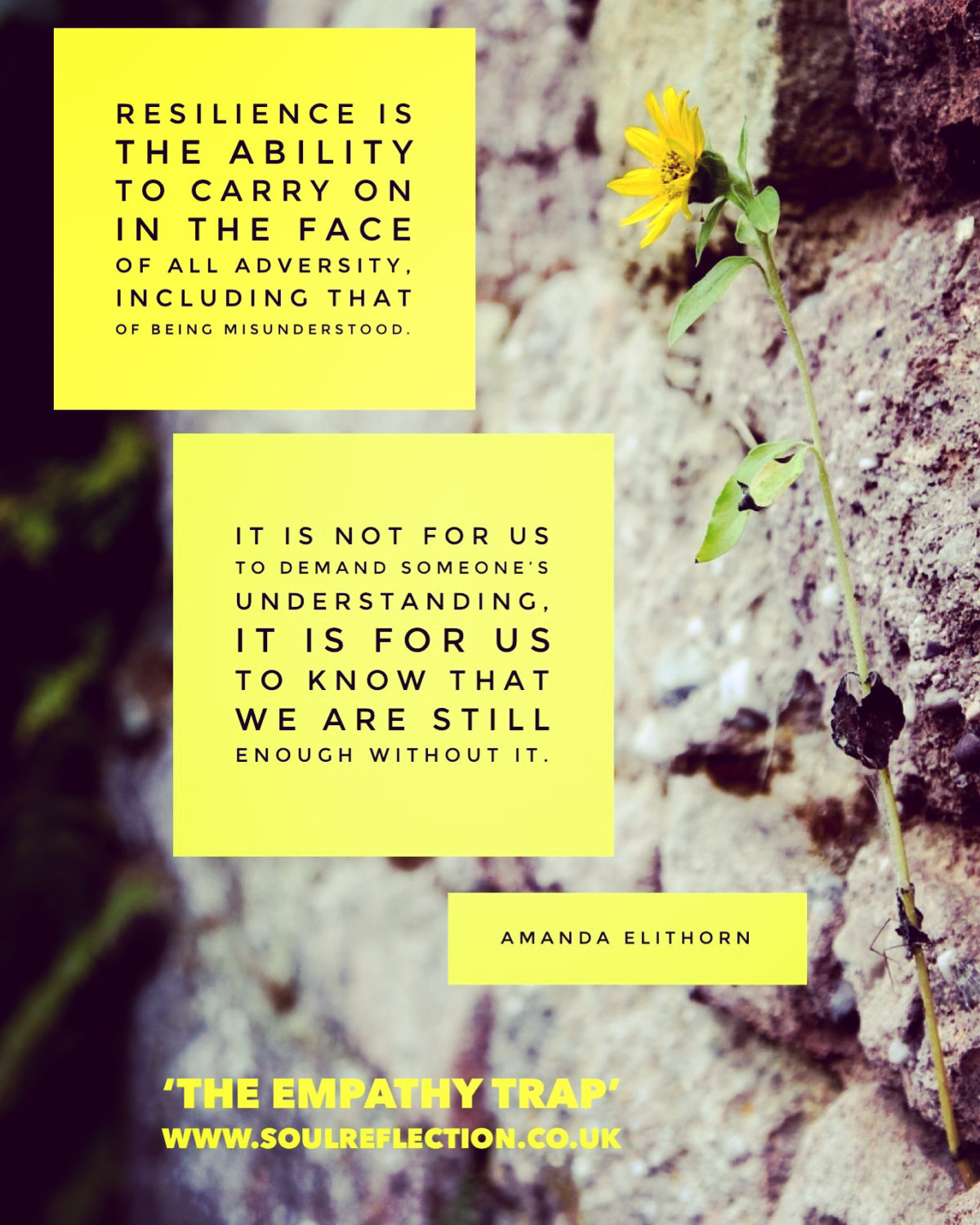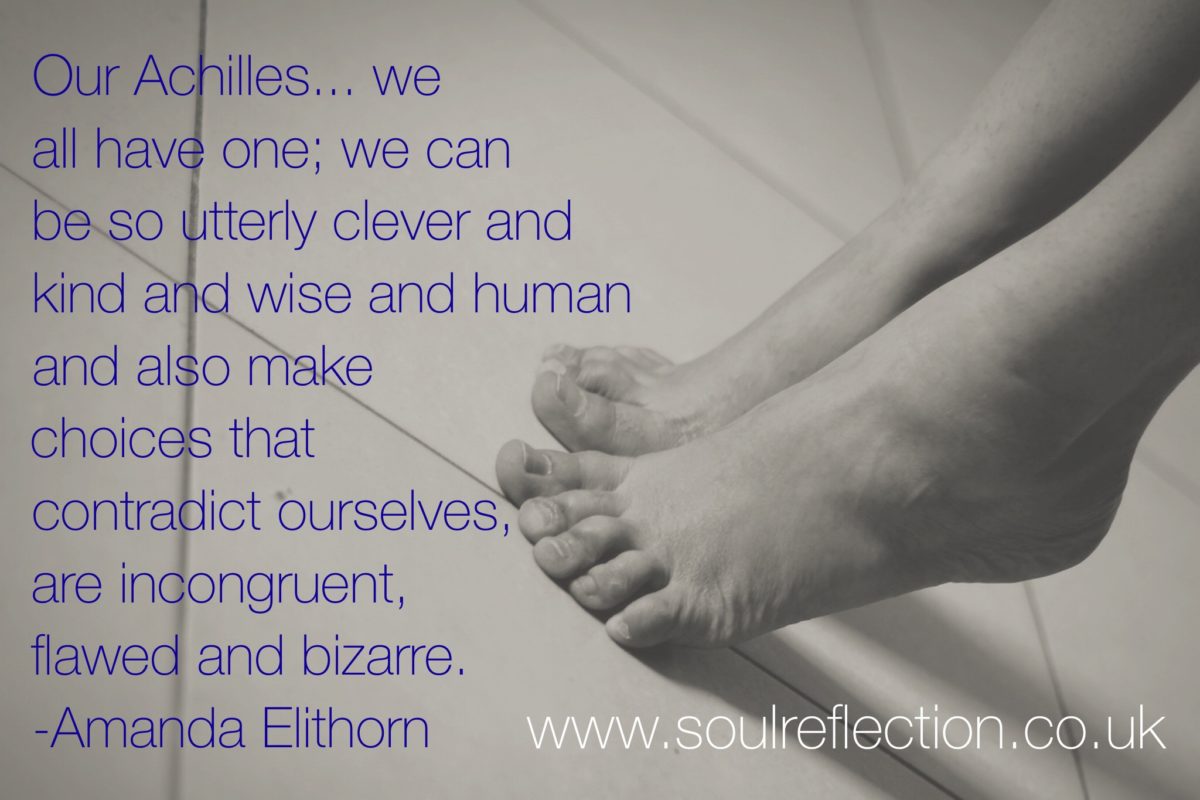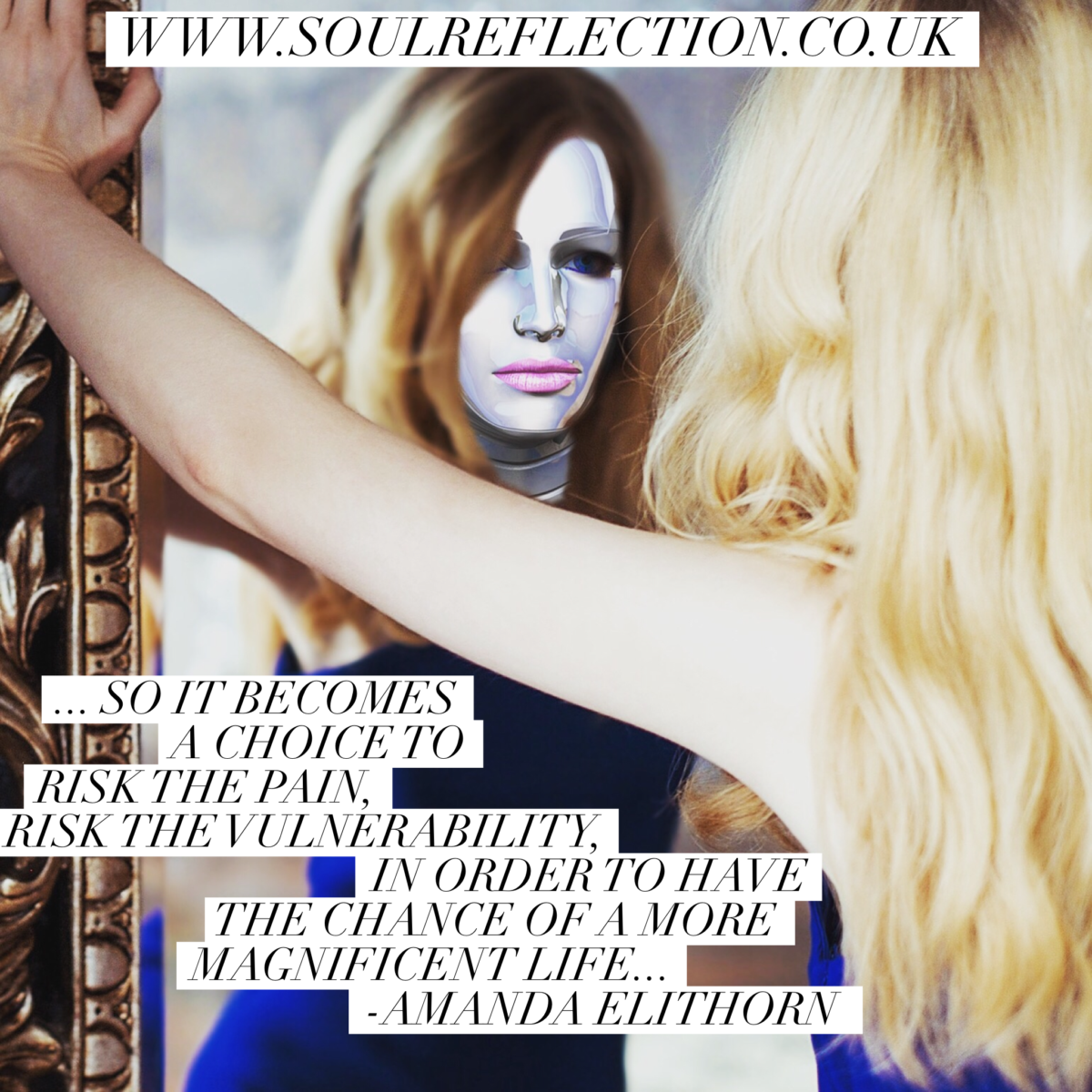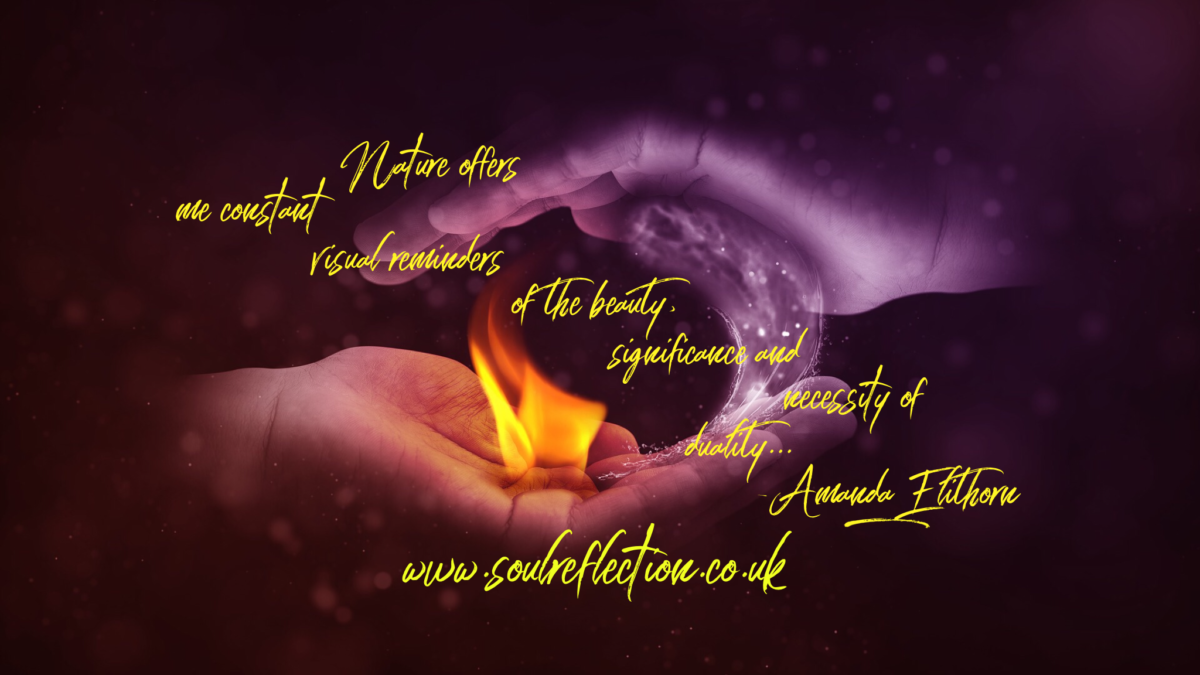It is always hard to write a blog where I have to reflect on my mistakes as a parent. My ego screams to keep it silent but my spirit yearns to share and offer it of service to others. A mighty battle within.
My parenting philosophy is deeply embedded with the principle of empathy; of feeling and understanding my children’s perspective, in order that I can help guide them and support them through their journey.
I still think this is deeply important.
Yet I have discovered a trap in this idealised path… something that harms rather than helps my children on their journeys. It has been particularly highlighted by one child whom has a fight reaction tendency when misunderstood. When they have lashed out I have nearly always seen and understood the route to that explosion. I have watched and witnessed the unfolding of communication crashes and mix ups. And so I have helped explain that to others. I have spoken their feelings and shown how and why they have reached melt down. I did this to model to them how to verbalise their frustrations and recognise their own triggers.
And it has worked. They can verbalise and can recognise but they can also excuse themselves. ‘I hit because they annoyed me.’
And I have explained that excuses are not ok, there is no justification for violence unless in defence of life and soul. But they keep coming. These excuses. By fully empathising I have taught that there is some implicit permission in their reaction, I have fed this attitude of vindication.
So I have reflected. I have looked out into the world at the excuses and demands for empathy being thrown out constantly in society; I have looked within at the balance of compassion and discipline triggers from my past and I realise that on this honourable path of affinity I have let resilience slide.
Because resilience is a key tool for life. Resilience is the ability to carry on in the face of all adversity, including that of being misunderstood.
When I look out into the world and see the screams and cries of so many begging to be understood, to be re-labelled, re-defined and then crumbling and collapsing when others don’t want to, don’t have to, don’t like to; there I see a dearth of resilience. It is not for us to demand someone’s understanding, it is for us to know that we are still enough without it.
So now I have some work to do. My children are thankfully young and resilient enough to flow with my mistakes; we learn together. I hope the rest of the world can too.




